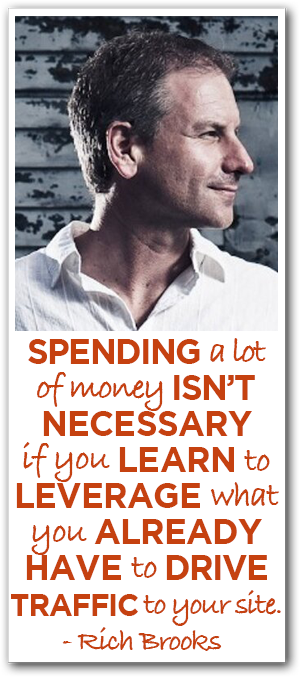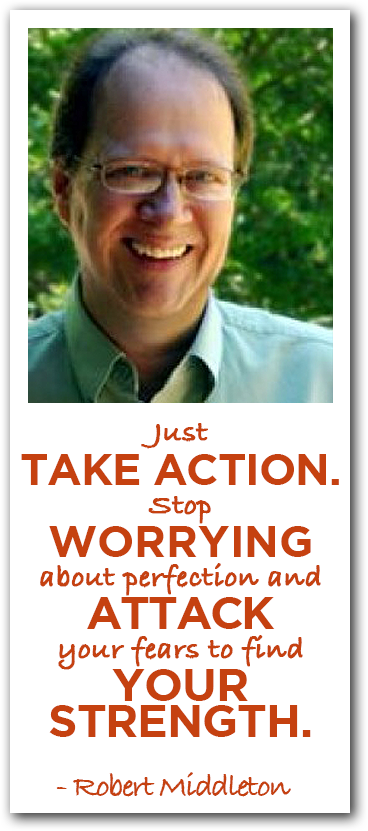 The Marketing Agents Podcast host, Rich Brooks, answers actual listener questions that have been sent in. He advises on SEO and driving increased traffic to your website, how to advertise your business so it stands out in the crown and reminiscences on wise words issued from past guests of the show. He also offers suggestions on one listener’s current website, in hopes that making a few changes will give them the boost in business that they are looking for.
The Marketing Agents Podcast host, Rich Brooks, answers actual listener questions that have been sent in. He advises on SEO and driving increased traffic to your website, how to advertise your business so it stands out in the crown and reminiscences on wise words issued from past guests of the show. He also offers suggestions on one listener’s current website, in hopes that making a few changes will give them the boost in business that they are looking for.
“My question revolves around SEO and driving traffic to my website. If I understand correctly, all I have to do is look for keywords that have a high search rate per month that is related to the topic of my next blog and make the key phrase the title of the blog. I suppose in time this will help drive my targeted audience to my website. If this is true, then buying advertising through Google just quickens your ability to drive that traffic to you, is this correct?
I ask this because I’m trying to start my first online service and I have zero cash to invest in marketing. If my research serves me correctly, I should practice what I mentioned above, then use those same keywords in my Twitter feeds as well and somehow, magically, Google begins to send people my way. Please tell me I have finally figured this sorcery out.”
Podcast: Play in new window | Download
Subscribe: RSS
